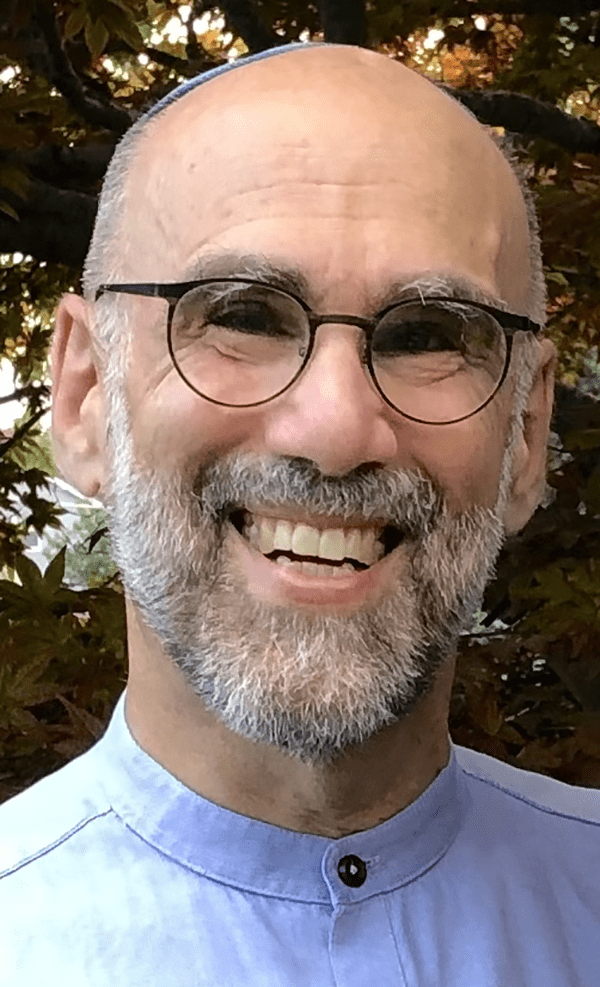Makin’ Matza!
My recent posts...
Selling Chametz
Even if you don’t keep a kosher kitchen, and/or you don’t “convert” your kitchen for Pesach, there is still spiritual value in selling your chametz: You are engaging with myriad Jews worldwide in a practice that can be traced back to Torah and, if you include a donations to “ma’ot chitin,” you are enabling those in need to more fully celebrate Pesach.
A Few Things About Pesach (With lots of links)
There is a wealth of information about Pesach (and the challenges of this year) at Exploring Judaism.org.
Omer 5785
My recent posts...
Overcoming Fear
Nowadays, the stench of fear is particularly pungent, and it can be paralyzing: Ukraine with the seemingly deliberate killing of civilians and the prospect of more heinous actions, homegrown terror of gun violence, Israel grappling with politically or religiously motivated murders, inflation, world-wide food crises, Covid, and so much more.
The question in “Ma Nishtana/ what is different about this night?” is meant to be a springboard for telling our children about the Exodus, as Torah commands us to do. Likewise the seder plate, goofy representations of the plagues (wind-up toy frogs and the like), and the afikoman: Why do we have, why do we do these things? Well, let me tell you a story of long ago….
“A Different Night” haggada cites a kibbutz haggada from the 1930s or 40s in which the four-part question is broadened beyond Pesach: Why do people all over the world hate Jews? When will the Jews return to their land? When will our land become a fertile garden? When will there be peace and brotherhood the world over?
The middle two questions have been answered: Jews live in our ancient homeland and Israel has done wonders with agriculture and irrigation. The other two? We don’t really know, and, someday, we hope.
We can and should ask at our seder tables: What is different tonight, today, this week, this year? Is it really different? Then, what can we do to help, adapt, alter, rectify, solve? From the chauvinistic view, are we teaching our Jewish children how to carry on tradition and faith beyond just gathering around a grandparent’s dining room table for “the holidays”?
On another hand, of all our holy days and festivals, Pesach is the one on which gathering around a table for a big meal is at the center of its observance, and at the center of that is answering questions.
One of the most beautiful things about the seder is that it reflects the first communal mitzvah commanded to the Israelites. Exodus / Shemot 12: [The Israelites] shall take a lamb for each household. If the household is too small (or, does not have the means), it is to combine resources with a neighbor, thus fulfilling the Torah commandment with consideration for those who cannot afford it on their own.
So, with family, friends, neighbors at our tables, even before we get to ask Ma Nishtana what is different — even before we’ve opened the haggada — we’ve begun answering that question: We are together, looking back at our history, considering the state of the present, and hoping for a better future, when redemption can mean sharing what we have, what there is, and ensuring that our children know whence they came and, perhaps, where they can go if they have the will to overcome fear.
(Click here for an again-timely and moving poem by S. L. Shneiderman, a Polish-born 20th-century Yiddish journalist and poet.)
שמח חג chag sameiach!


